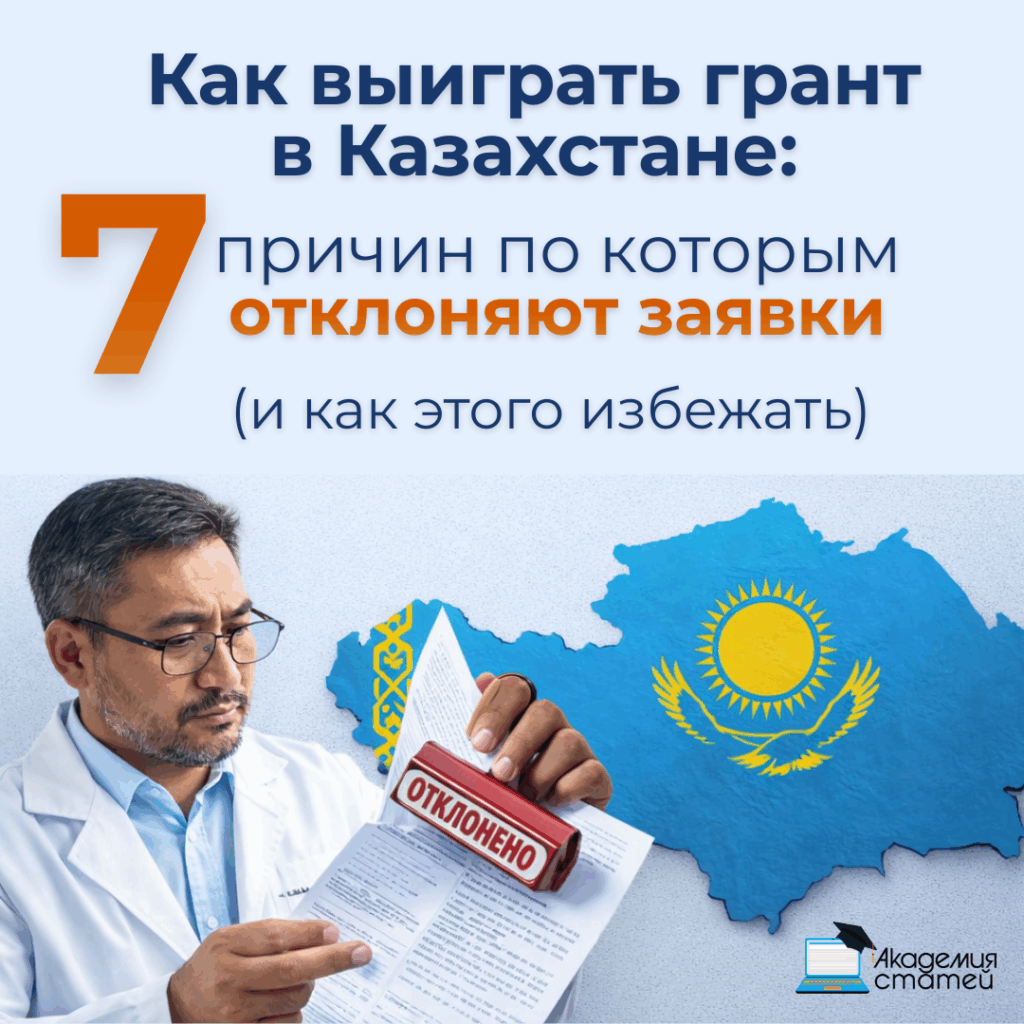A mandatory requirement for successfully defending a candidate's dissertation is the writing of scientific articles. Articles present the results of the research conducted and may demonstrate experimental or analytical findings on the dissertation topic. A scientific article must present the researcher's own conclusions and intermediate or final results of their research. Such an article should include original findings, recommendations, and conclusions.
The number of articles required for a successful PhD defense
Although there are more lenient requirements for those wishing to obtain a PhD degree, publications must be submitted to at least three scientific journals:
- One article must be published in a scientific periodical of another state that is a full member of the EU or be a representative of the Economic Cooperation Organization;
- The remaining texts of scientific articles can be submitted to scientific publications that are included in the list of professional publications of category B of Ukraine;
- An alternative approach is to count a monograph or one section of it instead of a single publication. This is possible if the future PhD candidate co-authored the text of the scientific paper.
It's worth noting that there are many opinions on whether publishing this number of articles is sufficient or whether it should be increased. One thing is clear: all works must be of high quality, regardless of their quantity.
It's also important to note that some studies contain state secrets. Despite this, such articles are published, but only under specific legal provisions. In other words, every future PhD candidate must publish three articles, but if they contain state secrets, they are published in journals specifically designated for this purpose.
Where to publish scientific articles for the defense of a PhD dissertation
As previously stated, a future PhD candidate must publish at least one scientific article in a foreign scientific journal. Additionally, instead of publishing an article in a foreign journal, it can be submitted to a scientific journal included in international scientometric databases (WoS or Scopus).
If a young scientist chooses to publish abroad, they need to decide on a publication, which then raises the question of where best to publish. Since graduate students are just students and often lack experience publishing in foreign journals, they are at a loss. Furthermore, they may not have a high level of foreign language proficiency, requiring precise use of scientific terminology, correct sentence construction, and so on. Therefore, in their early days, they often turn to professional translators or specialists who specialize in preparing scientific articles for publication in foreign scientific journals.
Thus, a future scientist can publish their work in Poland, Russia, Belarus, or the Czech Republic—in other words, in neighboring countries. This is especially easy if the university collaborates with research institutions in these countries. For example, the domestic university where the postgraduate student is studying and the neighboring university often conduct internships, exchange students to share experiences, and hold regular conferences. Academic supervisors often support their young scientists by inviting them to participate in conferences, which guarantees publication. Another advantage of this method of publishing your article in a foreign publication is that you can participate in the conference remotely. This way, the work will be done without having to travel.
A more challenging route is to publish a research article in Ukrainian diaspora publications. Ukrainian immigrants living in Canada have established numerous socio-cultural and research organizations. Aspiring scholars working in the humanities might consider this option for publishing their research.
Publish a research article in a journal included in the WoS or Scopus database. This option is challenging, but it's the most prestigious, especially if the PhD candidate plans to advance their career. Before choosing a journal, it's important to check whether the chosen journal is indexed in the WoS or Scopus database.
It's possible, of course, that the first journal will reject a scientific article. Typically, the candidate will receive comments in response, which can be used to make revisions and submit the work to another journal. It's important to remember that the same article cannot be submitted to multiple journals simultaneously.
Tips for writing an article for a PhD defense
- First, you need to decide on the topic of your future article. It should be related to your dissertation topic. It's best to keep the title of your research article short but descriptive. It should include as many keywords as possible. During the initial stages, be sure to contact your project supervisor to approve the topic, review the completed article, make comments, etc.
- Next, it is necessary to select all possible scientific literature that the author will rely on when writing the article.
- After completing the first two stages, you must decide with your supervisor where your scientific article will be published. Depending on the scientific journal you choose, you will need to adhere to its requirements for publishing scientific papers.
- When writing the text of your paper, be sure to reference the works you've used. It's important that these be as recent as possible. Upon completion of your research paper, obtain permission from all co-authors for publication, and be sure to include their co-authorship.
- Thus, it can be seen that writing and publishing a scientific article is quite complex and time-consuming work. However, the end result will be worth it, as it will help the future candidate improve their skills.






